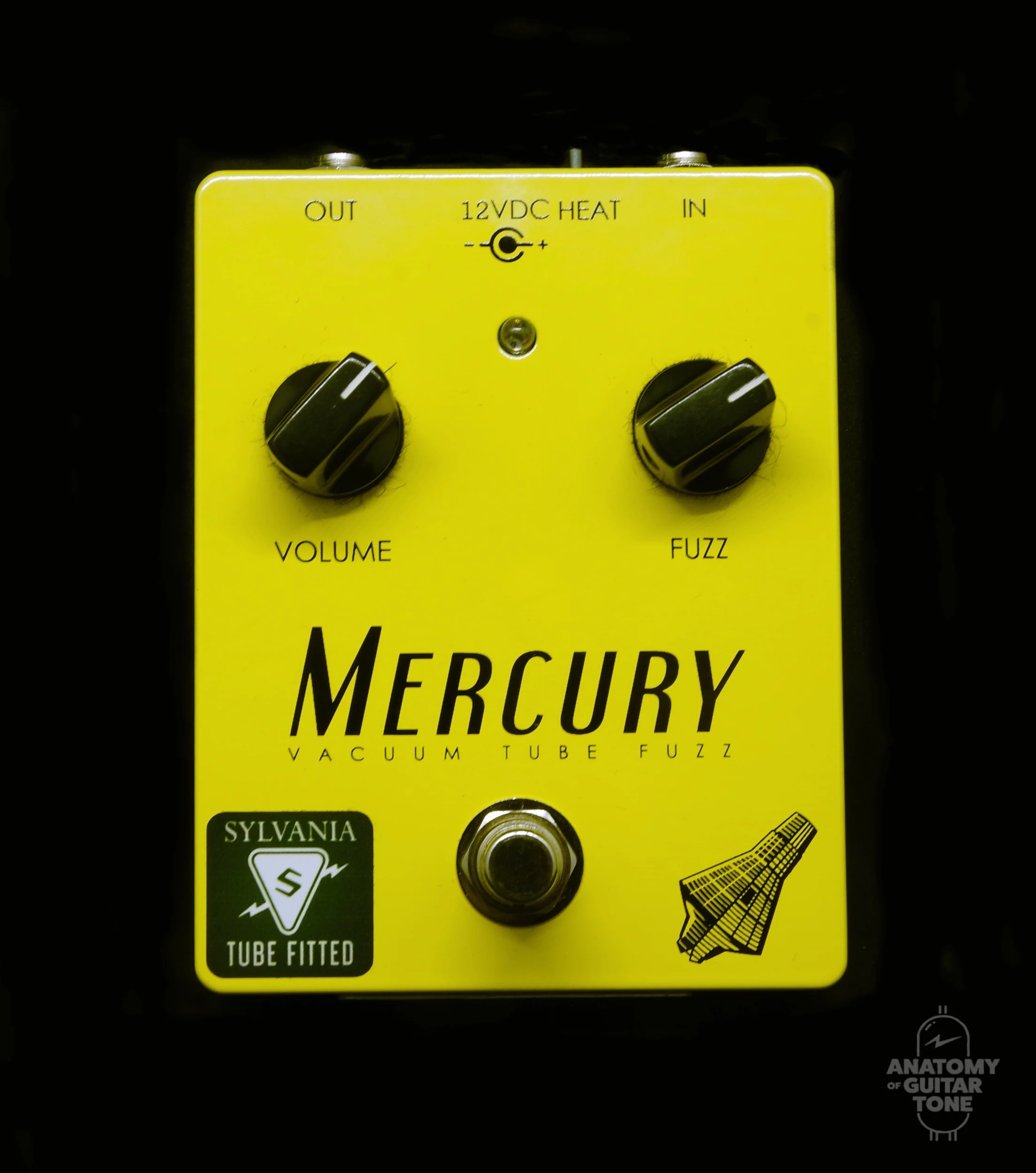Once in a while a pedal company comes along that makes exceptional gear. This is not to say that other companies put out inferior products. It's just that sometimes someone is so dedicated to an idea or product that they spare no expense.
All in Reviews
Effectrode Tube Drive
There are so many overdrive/distortion pedals on the market and most say the same thing in their description: “Overdriven tube amp sound.” Yet, when I’ve played through many, they don’t actually sound like an overdriven amp. That’s not to say they sound bad. Some sound nice, but not really like a cranked tube amp.
The Rat
The Rat is one of the earliest distortion pedals, arriving on the market in 1978. Prior to that, there were only a few gain pedals: the Colorsound Power Boost, the Maestro Fuzz-Tone FZ-1, the Sola Sound Tone Bender, the Dallas Arbiter Fuzz Face, the Dallas Rangemaster, and the Electro- Harmonix Big Muff.
Analog Man Beano Boost Treble Booster
I’m a self-confessed vintage tone nut. I’m not hiding in the shadows. I’m fully public with my love of guitar tones of past. That doesn’t mean I don’t embrace new ideas. I’m open—unless you bring Kemper or Fractal into the conversation.
Disaster Area Designs Solderless Cables
Solderless cables are not a new concept. They’ve been around for a few decades. George Ls were the first brand I was introduced to. I tried George Ls a number of times but they’ve always been unreliable.
FSC Guitars
I recently paid a visit to F.S. Lutherie in Brooklyn, NY. They are a small guitar custom shop specializing in repairs and builds, based in the borough’s Greenpoint section. Owner Farhad Soheili met with me to discuss his new line of custom guitars, FSC Guitars.
Keeley D&M Drive
If you chat with a guitarist and mention overdrives, you’ll need to pull up a chair and get comfy. You’re gonna be there for a while. It’s a deep subject partly because there are so many overdrive pedals on the market. It’s flooded with overdrive options.
AmpRX BrownBox Review
BrownBox Throughout my years of recording, gigging, and touring I would notice a strange occurrence. My amps seemed to sound different from night to night. At the time, I mostly attributed this to the varying acoustics from room to room.
J Rockett Archer Ikon Review
The Klon Centaur has become one of the most legendary pedals of all time. You can find originals going for over $2,500. That’s a lot of scratch for a guitar pedal. There are a few reasons for its inflated status.
Effectrode PC-2A Tube Compression Pedal Review
When it comes to compression, guitarists tend to have a narrow perspective on its uses. People seem to look at a compressor as a tool just to control dynamics. That is what a compressor does—control dynamics.
Death By Audio Pedals Evil Filter
Over the last year I’ve been looking for pedals that carve their own path. I have no problem with traditional effects. I own and adore a lot of them. However, I’ve been scoring music a lot for tv and film and I’ve been creating sounds less then typical.
Analog Man Sun Face Fuzz Face Pedal
Years ago, in a far away universe, I purchased my first fuzz pedal. It was a Dunlop Fuzz Face. When I got it, I was confused by the sound. It seemed kinda dead and lifeless. Rolling back the volume knob just made it sound more dead.
Danelectro Pride of Texas Overdrive
Recently, I got my hands on a new pedal from Danelectro called the Pride of Texas. It’s part of a new line of pedals called the Billionaire series. The name “Pride of Texas” suggests the pedal is going to be some sort of overdrive.
Earthquaker Devices Disaster Transport SR Delay Review
Delay pedals are a staple for most guitarists. There are a lot to choose from these days. It seems like most pedal companies have thrown a delay into the pool. Many do the missionary position of delay. We have our meat and potatoes tape delay, analog delay and digital delay.














